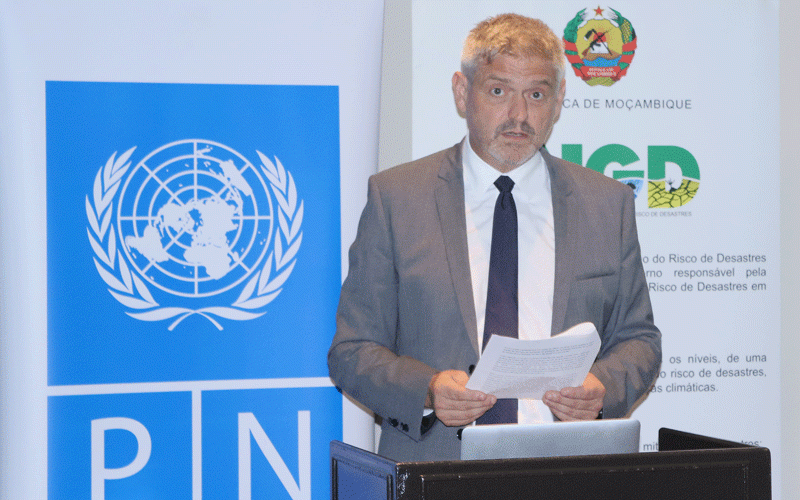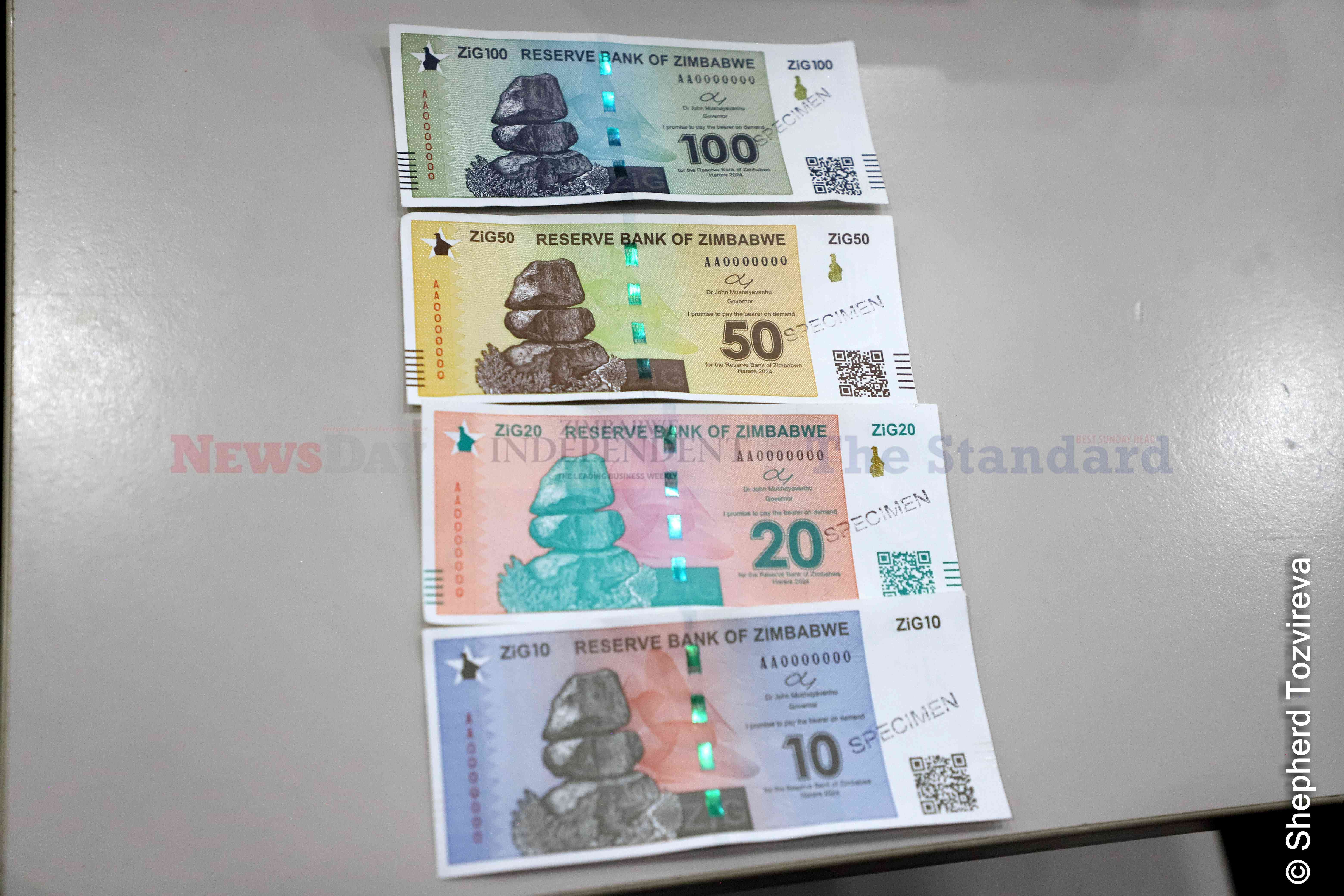
ZIMBABWE has sought the help of the Economic Commission for Africa (ECA) on how to absorb the economic shocks caused by the use of multi-currencies.
BY NDAMU SANDU
Some of the shocks caused by the use of a multi-currency regime include an acute liquidity crunch and loss of monetary policy as an instrument to steer the economy.
Economic Planning and Investments Promotion minister Tapiwa Mashakada held talks with the United Nations under-secretary and executive secretary for ECA, Carlos Lopes in Abidjan on Tuesday on the sidelines of the joint ECA-Africa Union annual meetings for ministers of Finance, Economic Planning and Development.
“The meeting with the minister was about the possibility of us helping Zimbabwe on the currency issues”.
“Zimbabwe has now dollarised the economy and it’s possible that as it is a dollarised economy it is a very complex matter. “The minister was inquiring about the possibility of ECA helping Zimbabwe.
“This was the main subject of the discussion,” Lopes told Standardbusiness.
Mashakada would not be drawn into revealing the details of the meeting.
- Chamisa under fire over US$120K donation
- Mavhunga puts DeMbare into Chibuku quarterfinals
- Pension funds bet on Cabora Bassa oilfields
- Councils defy govt fire tender directive
Keep Reading
Zimbabwe adopted a basket of multi-currencies which consist of the United States dollar, Botswana Pula, British pound and South African rand to stem hyperinflation that had made the local unit worthless.
The use of multi-currencies was also in response to Zimbabweans who had rejected the local unit in favour of foreign currency.
The multi-currency regime is credited for stabilising the economy which is set to achieve a fourth consecutive growth this year after a decade of recession.
However, the move has eroded the Reserve Bank of Zimbabwe’s (RBZ) powers to intervene in the economy through monetary policy interventions, effectively confining its role only to regulation. Central banks in Europe have been able to intervene in the Euro crisis by using or adjusting their monetary policies, through introducing austerity measures as and when needed.
An austerity measure is an official action taken by governments through central banks in order to reduce the amount of money that it spends or the amount that people spend.
This ultimately has an effect on the liquidity position of a country’s financial markets.
Without the ability to control a country’s monetary policy and implement it, the central bank is ineffective in introducing austerity measures when needed.
In a dollarised environment, RBZ is incapable of doing its job because it has lost its ability to print money. This means that it cannot influence money supply.
ECA was established in 1958 by the United Nations Economic and Social Council to encourage economic cooperation among its member states (the nations of the African continent) following a recommendation of the United Nations General Assembly.










